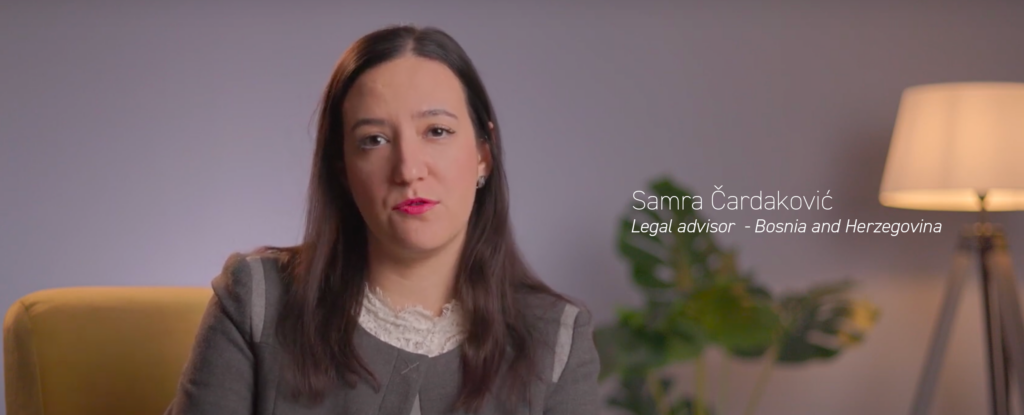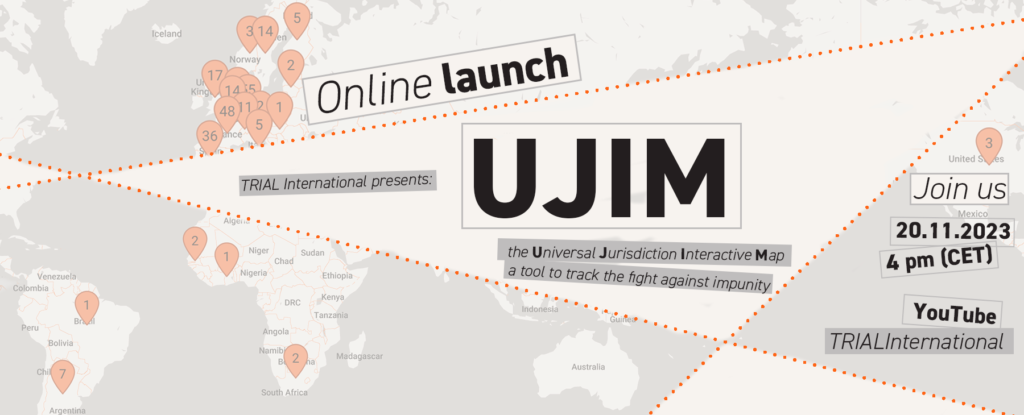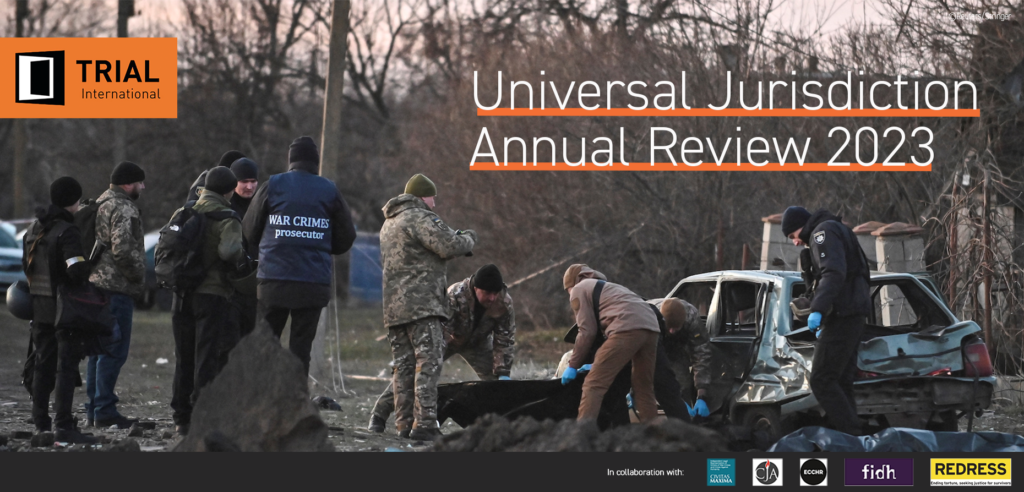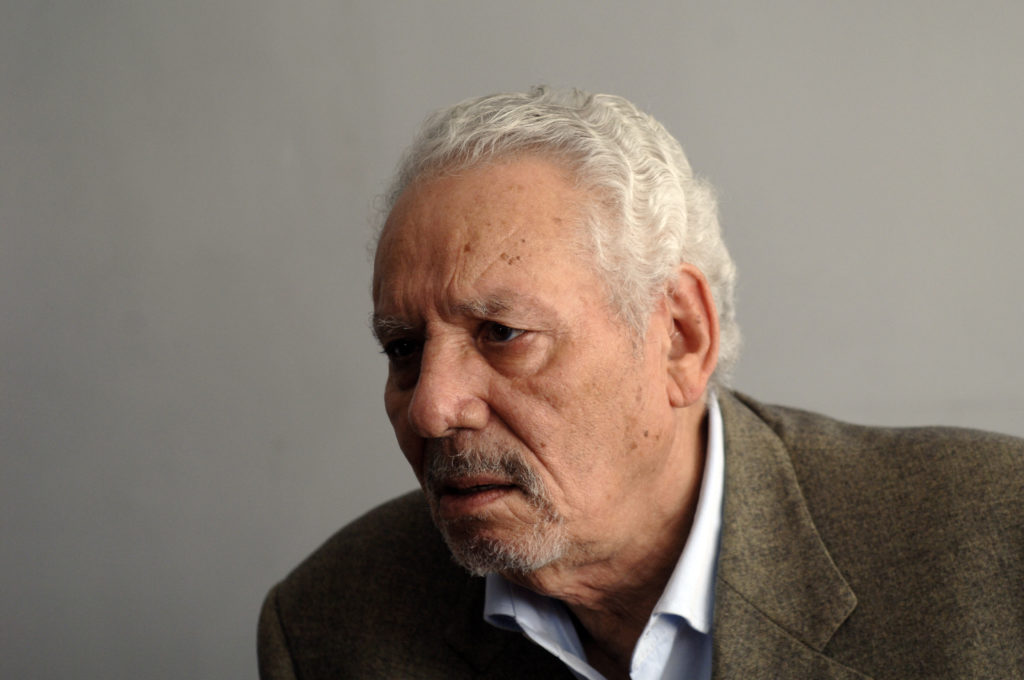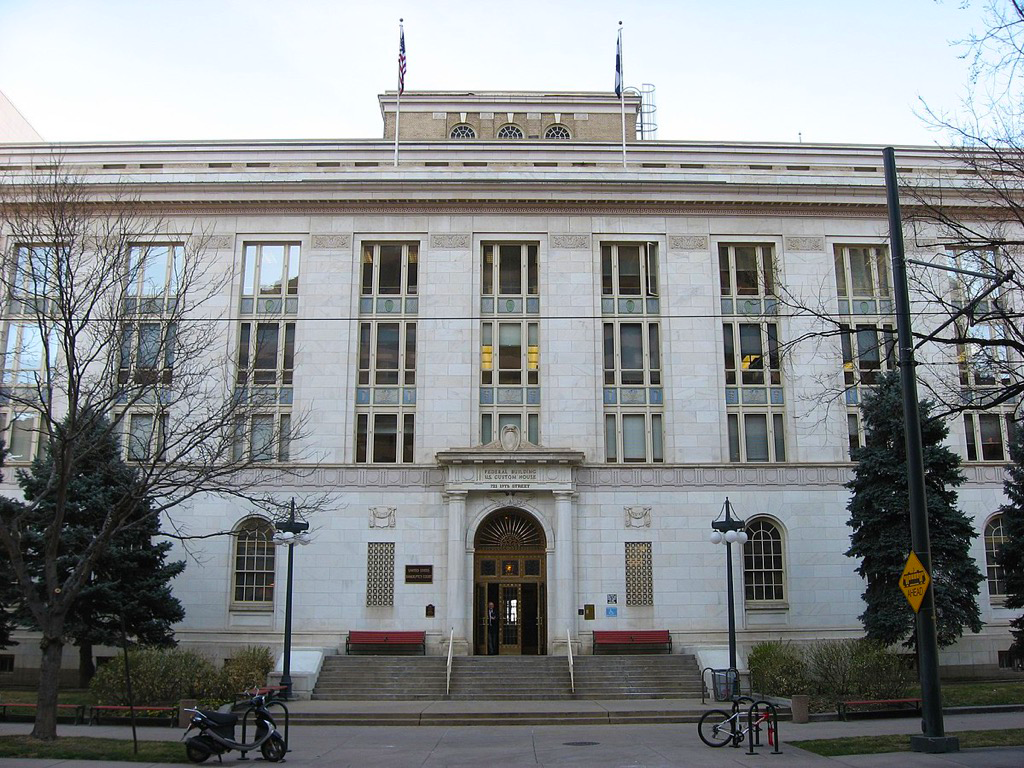Is Switzerland becoming a safe haven for war criminals?
A UN report recently made public points the finger at Switzerland. In two criminal cases for war crimes, the Office of the Attorney General is alleged to have succumbed to political pressure. This has resulted in huge delays in proceedings, to the detriment of victims supported by TRIAL International.
Is the Office of the Attorney General (OAG) vulnerable to political pressure? In any case, the criticism directed at Switzerland by the United Nations special rapporteur on torture and their counterpart on the independence of judges and lawyers is serious. Regarding cases opened against two foreign dignitaries, the UN experts affirm: ‘the persistent allegations of political interference undermine the independence of the judiciary in the name of interests which appear to be neither those of the rule of law nor justice.’
In particular, the delays in the Khaled Nezzar case are being questioned. The former Algerian defense minister is the subject of war crime proceedings opened in 2011 for acts committed between 1992 and 1994. But in 2017, the OAG dismissed the case, on the grounds that there was no armed conflict in Algeria during the civil war. The press had learned that for the sake of good bilateral relations between Switzerland and Algeria, notably in economic matters, the Federal Department of Foreign Affairs (FDFA) had informed prosecutors that the investigation would be a ‘time bomb’ and that pursuing the case was greatly annoying Algiers. Since then, the Swiss Federal Criminal Court (FCC) has rejected the dismissal and ordered that the OAG resume the investigation.
The second pending case to attract the attention of the two special rapporteurs is the Rifaat Al-Assad case. A preliminary criminal investigation for war crimes was opened by the OAG in 2013 against the uncle of the current Syrian president, following complaints filed by victims of the Hama city massacre in 1982. Since then, no progress has been made with proceedings. Again, the UN experts believe that the FDFA has put pressure on the prosecutors to dismiss the case.
For its part, the FDFA denies any interference in the OAG’s cases and stresses its independence. According to the FDFA, the ‘persistent allegations of political interference in the OAG cases do not have […] any basis in fact.’ It concludes that Switzerland respects all its international obligations.
Since filing reports which allowed the opening of preliminary criminal investigations against Khaled Nezzar and Rifaat Al-Assad, respectively in 2011 and 2013, TRIAL International has been constantly concerned about the progress of these two cases. The organization reiterates that only an effective, independent and prompt investigation into the serious crimes, for which these two people are allegedly responsible, will make a start to getting justice for the victims of atrocities committed in Algeria and Syria.




